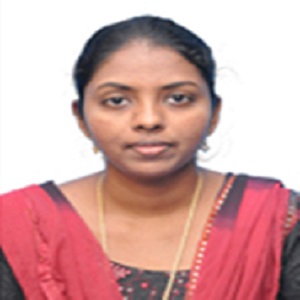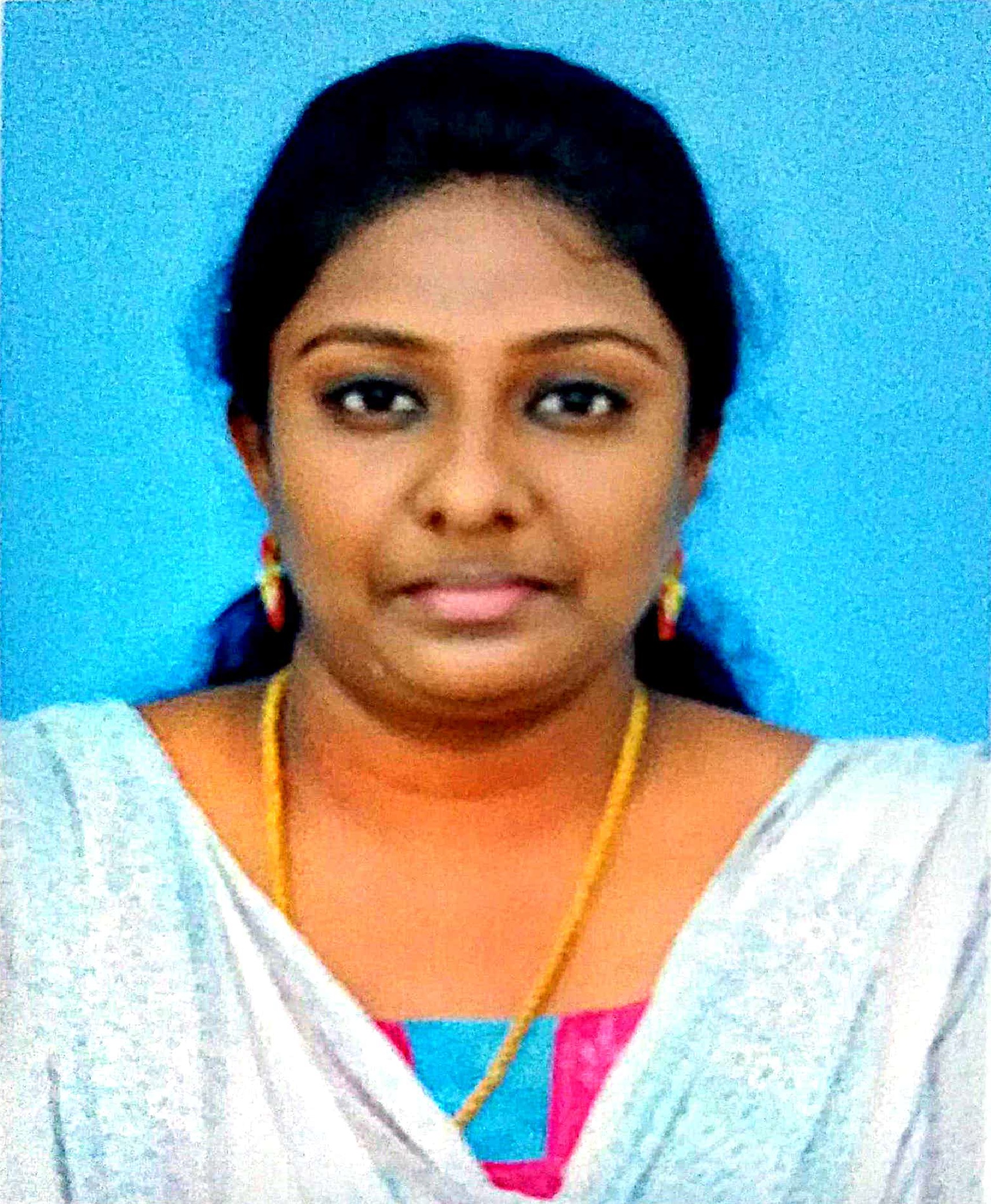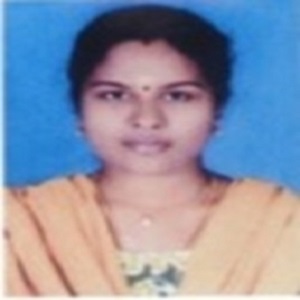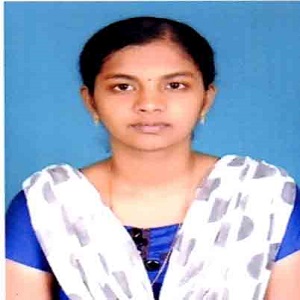Laboratories
-

Communication Systems/ Linear Integrated Circuits Laboratory
- Intended in the year 2010-2011
- Spread over a floor area of about 88 sq.m.
- It is one of the state-of-art laboratories imparting fundamental knowledge related to analog and digital modulation concepts using software simulation tools and hardware implementations
- Experiments are streamlined on transceiver design, modulation and coding techniques involved in wireless systems for communication
-

Optical & Microwave Laboratory
- Erected in the year 2011-2012
- Floor area is about 106 sq.m.
- The state-of-art facilities in the microwave lab help the students to practice the characterization and device development which enables them to get trained with the practices followed in RF & Telecom companies, Embedded system industries and Radar systems
-

Electronic Devices & Circuits Laboratory
- Erected in the year 2011-2012
- Floor area is about 106 sq.m.
- Outfitted with RPS, CRO, Function Generator, PSpice Software, DRB, DIB, DCB, Transformers, Potentiometer, Resistors, Transistors, SCR, Transformer
- Encompasses a broad range of experiments supporting several aspects of both, digital and analog hardware system design
- This lab provides great support to develop the circuits design and helps in doing miniproject in the field of Electronics
-

Microprocessors and Microcontrollers Laboratory
- This lab has various versions of Microprocessors, Microcontroller trainer kits along with interfacing modules to demonstrate the detailed applications of Microprocessors
- Formed in the year 2009 with a sanctioned intake of 60/year
- Built up area spread over up to 2000 sq.m.
- To provide practical introduction to micro-controllers and micro-processors, assembly language programming techniques, design of hardware interfacing circuit, micro-controller and micro-processor system design considerations
-

Digital Signal Processing Laboratory
- Substantiated in the year 2010-2011
- Functioning over a floor area of about 88 sq.m.
- Fully air conditioned center housed with 34 computers of Pentium i3,i4 and i5, 512 MB processor with adequate UPS backup
- DSP Kits - TMS320C50 based DSP Trainer kit, ARM7 Development board, Zigbee board
- Software - Scilab, MATLAB; Embedded - Flash Magic, MASM, Keil µVision IDE; Network - NS2, Local Area network trainer kit; Circuit Design - PSPICE; VLSI - XILINX
- 1-1 LAN facility with laser and dot matrix printer, CD and DVD-Writer









